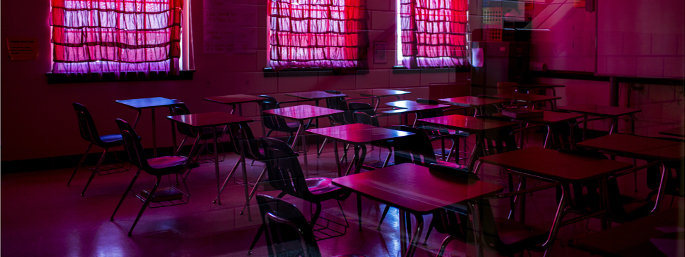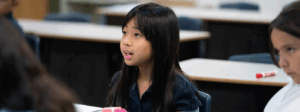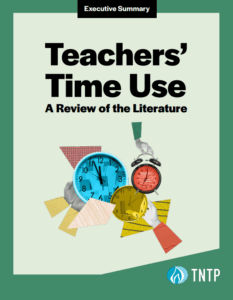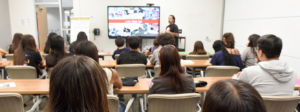Education writer RiShawn Biddle has been taking education reformers to task for their silence on the terrible spate of lethal force used by police officers on unarmed African-American men, and the failure of grand juries to allow the officers in the Michael Brown and Eric Garner cases even to be tried.
He’s got a point. While many ed reformers have publicly expressed their outrage and sadness and many have marched with protesters, reform organizations, including ours, have kept too quiet about the broader struggle for civil rights, criminal justice and economic justice directly affecting the communities we serve through our education work.
Why is that? It’s not for lack of caring about these broader issues. While a few more conservative ed reformers may support the grand jury processes in the Brown and Garner cases, they are the rare exception. Every reformer I know is passionate about the many inequities affecting poor communities of color; many tell compelling stories about their own experiences of unjust treatment and flat out racism from police officers, government leaders and the more privileged among us. At TNTP, the grand jury decisions in the Brown and Garner cases have unleashed in internal conversations a torrent of anger and sadness about our feelings of powerlessness over a system and culture that badly needs change.
But institutionally, organizations like ours have not been vocal enough about the obvious—that issues of racism, poverty, justice and education are interconnected. Great schools and great teachers help students overcome the effects of poverty every day. But great schools also lose kids every day to a criminal justice system that too often can’t see beyond the color of a young person’s skin; they lose kids to despair and homelessness when a parent loses a job; they lose kids to the stress of not having basic necessities like food, shelter or health care.
There are a number of reasons for the silence: Some ed reformers don’t want to walk a slippery slope toward a lack of accountability for providing consistently excellent schools for all kids. We may feel uncomfortable speaking out on issues outside our expertise; some of us don’t want to get mired in controversy that doesn’t seem directly relevant to the mission of educating kids.
These are all understandable motivations, but in my view they are insufficient. Improving schools isn’t, as it is often portrayed, an exercise by a bunch of technocrats looking to build a better mousetrap; it is a central part of the struggle for social justice. While an excellent education is the path out of poverty for millions of young people, under the current system a young person’s zip code largely determines his educational destiny. We do a disservice to the thousands of educators dedicated to changing that fundamental unfairness by failing to connect it to struggles to reverse other inequities that hold our country back, in criminal justice, civil rights or in our economy. We have seen seemingly insurmountable barriers fall in recent years—against same-sex marriage and universal health care, for example—once the majority of Americans began to see those barriers as unfair and unproductive for our country.
Drawing the connection between educational justice and social justice will certainly create controversy, but it will also draw support for reversing inequities in education that have existed for far too long. As we move forward with our work in 2015, one of our resolutions at TNTP is to speak up more loudly about the many barriers—inside and outside our schools—that stand in the way of success for too many American children.








